10 of the best companies for trans people to work for

Research shows a positive correlation between trans healthcare, mental health and employment rates. (PinkNews)
Netflix, Amazon and Starbucks are just a few of the most inclusive companies that support trans and non-binary employees, customers and communities.
For trans and non-binary individuals, finding an employer that not only accepts but actively supports their identities is crucial for a fulfilling and successful career. As the rights of the trans community continue to be vilified and targeted by politicians in the UK and USA and legacy media outlets still insist on painting the trans experience with a broad brush, it’s never been more important for companies to step up to support their trans colleagues and customers.
From comprehensive transgender healthcare benefits to proactive policies that foster a culture of acceptance, these organizations are leading the charge in creating environments where every employee can thrive authentically.
PinkNews has gone through the list for you to shine a spotlight on some companies that are truly supporting their trans and non-binary colleagues, customers and communities. No company is completely perfect when it comes to total inclusion. So when looking for a new role, make sure to research in more detail their policies and purpose.

HSBC
Starting in 2023, the financial giant announced that it will pay for its trans employees’ gender-affirming care. The “gender dysphoria benefit” encourages trans and non-binary staff to “be their true authentic self.” The program will allow employees and dependants to apply to have their gender-affirming surgeries and other treatments paid for.
A spokesperson for the bank told PinkNews: “Our diversity is a defining feature of who we are and how we operate, and we are a proud and active supporter of customers and colleagues across the broad spectrum of diversity of sexuality and gender identity. By providing access to gender affirmation treatment, we hope that our trans and non-binary colleagues and their dependents are able to be their true authentic self.”
They are not the only large financial institution in the UK that offers gender-affirming care to their employees. Lloyds Banking Group was the first UK-owned employer to offer access to private gender reassignment surgery when they introduced the policy in 2016.
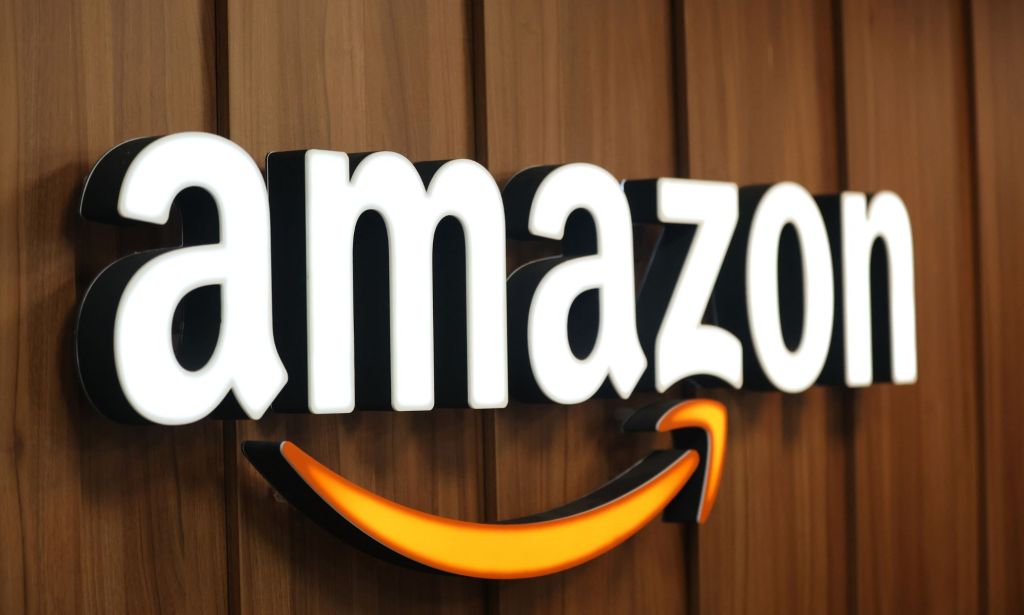
Amazon
The world’s largest retailer has been offering gender-affirming care for quite some time – since the 2010s. Benefits at Amazon begin on the first day of employment, including equal health coverage for transgender individuals.
In an effort to boost diversity, inclusion and support within the company, all employees have access to trans-inclusive resources. The ‘Transgender and Guidelines Toolkit’ offers information like terminology breakdowns to help cis colleagues understand phrases that could be brought up in conversation, name and pronoun use and a communication template for employees wanting to talk about their transgender identity. The guide was created by the company’s ‘Glamazon’ group, one of the world’s largest LGBTQ+ employee resource groups.
Amazon will also cover up to $4,000 in medical care travel costs for all US-based employees. This added coverage is for non-life-threatening treatments, including transgender care, abortions and substance abuse issues. This particular initiative came out of the US Supreme Court’s decision to overturn Roe v. Wade and the rise anti-trans laws in many states.
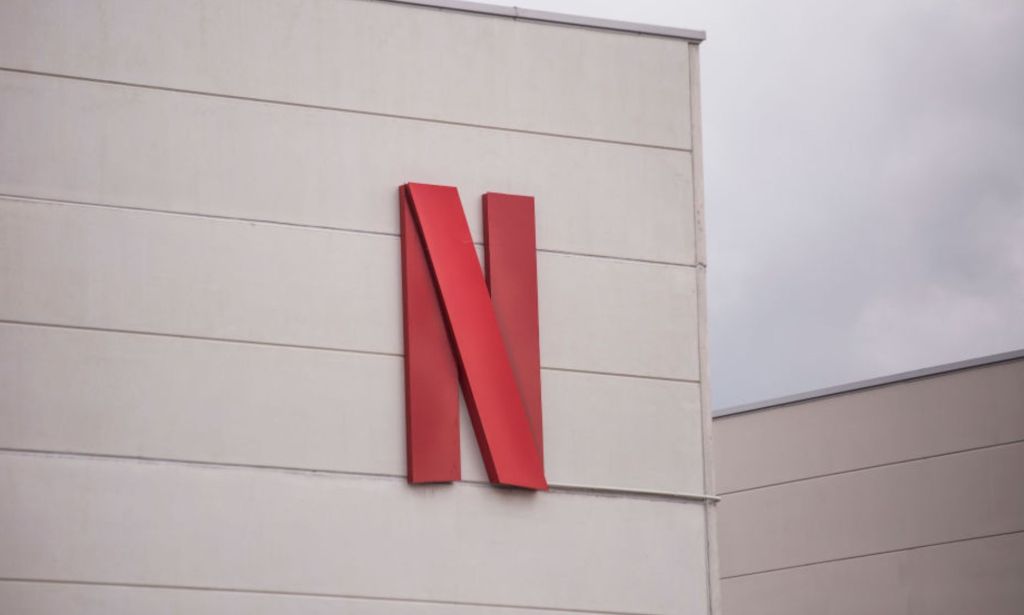
Netflix
While Netflix has a history of platforming anti-trans content (looking your way, Dave Chapelle), the streaming company has offered gender-affirming care for its employees since 2015. Coverage includes surgeries and HRT. Like Amazon, Netflix will reimburse colleagues in the United States up to $10,000 in travel expenses to receive care out of state.
The streaming giant that brought queer favourites like Heartstopper also has a dedicated employee resource group dedicated to trans colleagues. The Trans* Employee Resource Group (ERG) started in 2015 as a group on Slack and has evolved into a funded ERG that supports visibility for trans employees.
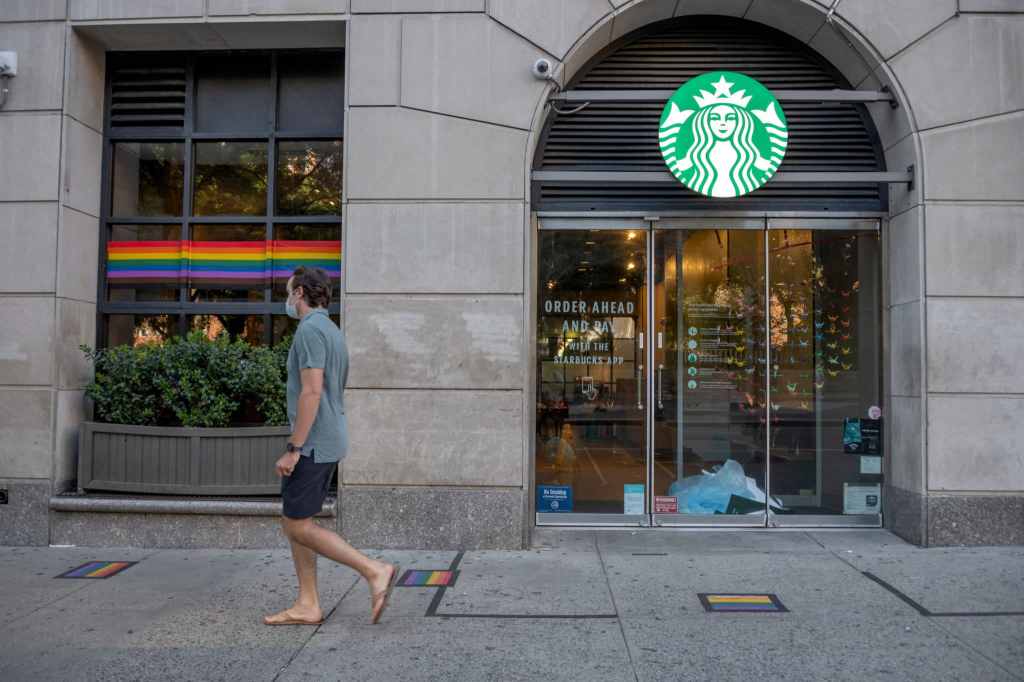
Starbucks
Since 2018, the world’s largest coffee shop that made the “frappuccino” a household name has covered gender-affirming care for trans employees. The Seattle-based company initially covered bottom surgery in 2012 and now includes all other steps in a person’s medical transition. These include “cosmetic” procedures that go uncovered by most insurance companies – including top surgery, hair transplants and removals, and facial feminisation surgeries. Not only that, the company will assist their trans employees in finding the appropriate doctors and healthcare providers.
It is worth noting that the company is allegedly threatening to cancel its gender-affirming benefits as over 150 stores in the United States have voted to join the newly formed Starbucks United Workers union.

Meta
The parent company of Facebook, Instagram and Whatsapp – now known as ‘Meta’ – has been offering specialised benefits for their transgender and non-binary employees since 2015. The company offers gender-affirming care for employees and their dependents through the employee benefits package including surgeries. The company also provides personal support for trans employees navigating all the paperwork that comes with medical transitioning.
While it has been a tough year for Meta, freezing hiring and making around 11,000 employees redundant, the company does offer up a solid work-life balance focused on wellbeing and stability for all its employees. What’s not to ‘like’?

H&M
The high-street retailer has a history of vocalising support for the LGBTQ+ community and has taken extra steps to support transgender rights. The company continuously evolves their diversity and equity policies to make sure that trans and non-binary colleagues are supported.
Consumer-facing, the retailer also regularly features trans and non-binary models in their promotions and features The Unisex Shop, a line of gender-neutral clothing and accessories.
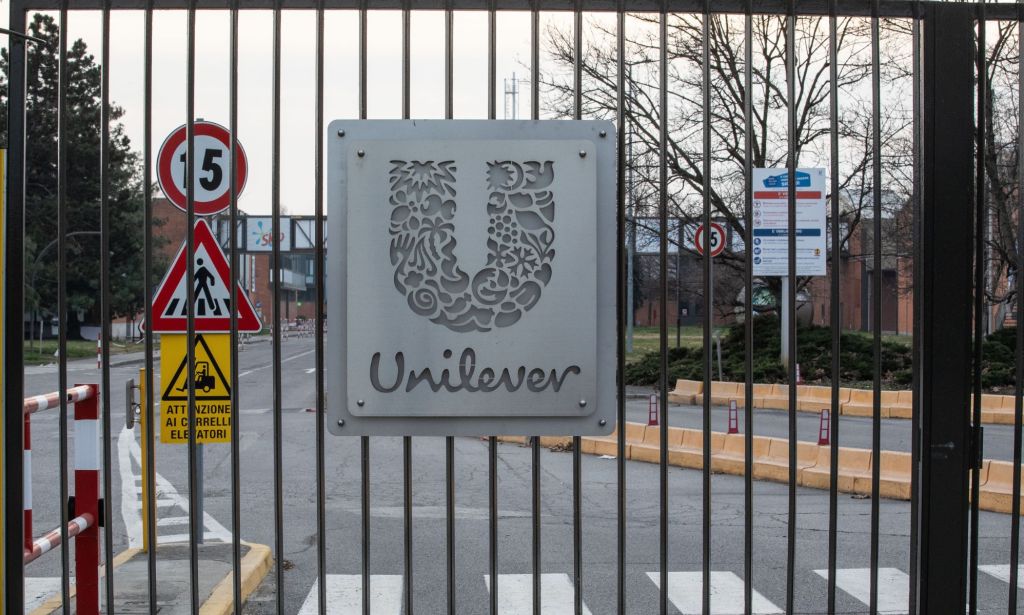
Unilever
The global manufacturer is known (and also revered) for bringing products like Axe (Lynx), Dove soap, Marmite and even Ben & Jerry’s ice cream to storeshelves all over the world. The global firm also does a lot for the LGBTQ+ community, including queer and trans employees. In 2021 the company launched its transition/change of gender expression policy which gives support and a safe space within work to those employees going through transition.
The company has also rebranded its paternity leave policy to a parental policy, which acknowledges all families and removes suggested gender norms.
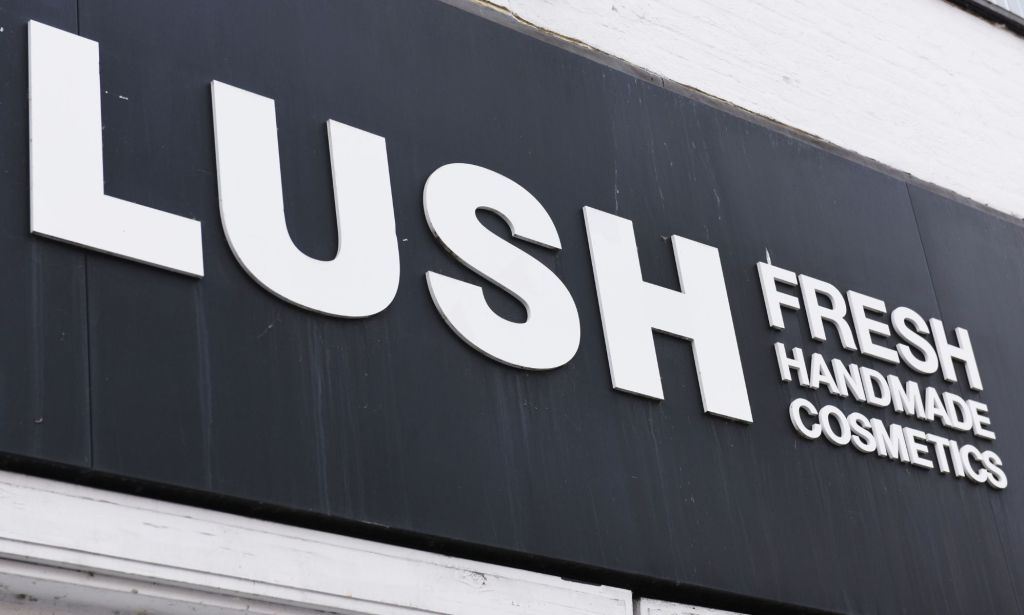
Lush
Another high-street retailer on the list, the soapery took a bold stance in 2018 as the first mentions of bathroom bills and military bans by transforming their North American stores into platforms for advocacy. New branding, informative brochures, poignant “BLACK TRANS LIVES MATTER” T-shirts, and a new bath melt appropriately named “Inner Truth”, sent a clear message of solidarity and support to the transgender community. To further the cause, Lush pledged 100% of the proceeds from “Inner Truth” to the National Center for Transgender Equality and the Canadian Center for Gender and Sexual Diversity, organizations dedicated to ensuring transgender safety, access to healthcare, and equal military participation.
Their commitment extends beyond retail, as they also produced a series of insightful videos showcasing the real-life experiences of transgender individuals. With these videos available on their website, they serve as a valuable internal resources for Lush employees and customers alike.
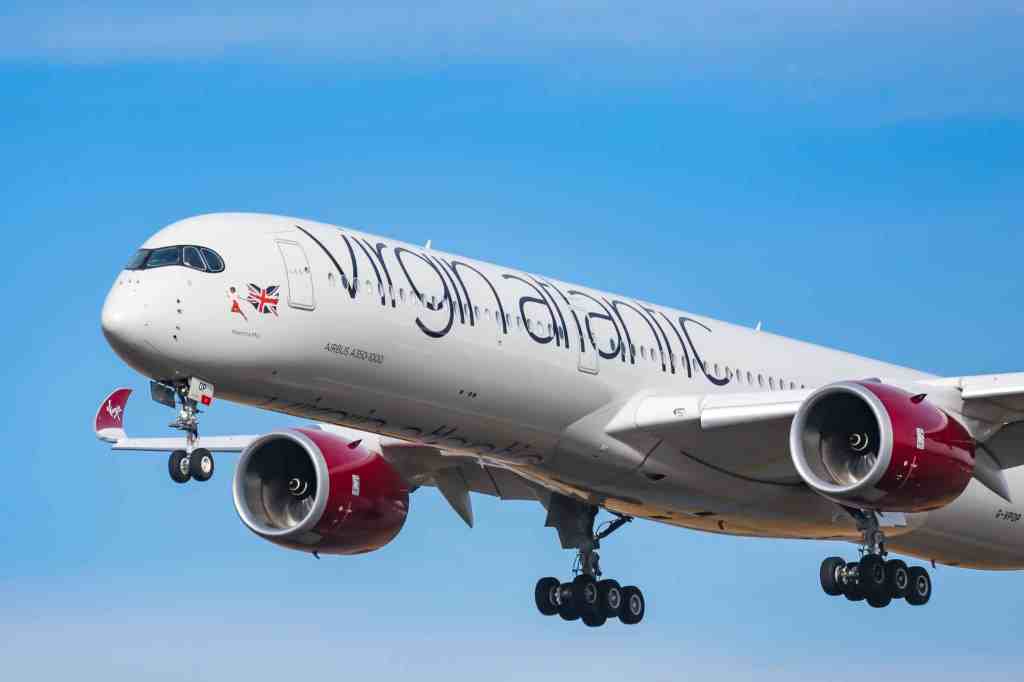
Virgin Atlantic
In 2022, the airline announced that it would be ‘de’-gendering the uniforms for all in-cabin staff. Now, pilots, flight attendants and ground crew can choose a uniform that best represents them. The company also rolled out optional name badges with pronouns for all staff as well as passengers.
As they continue to embrace gender diversity, the airline has expanded its trans inclusion policies to include time off for gender transition-related medical procedures, the freedom to choose changing and shower facilities that align with one’s affirmed gender, and personalized transitioning plans tailored to individual needs.
How did this story make you feel?
